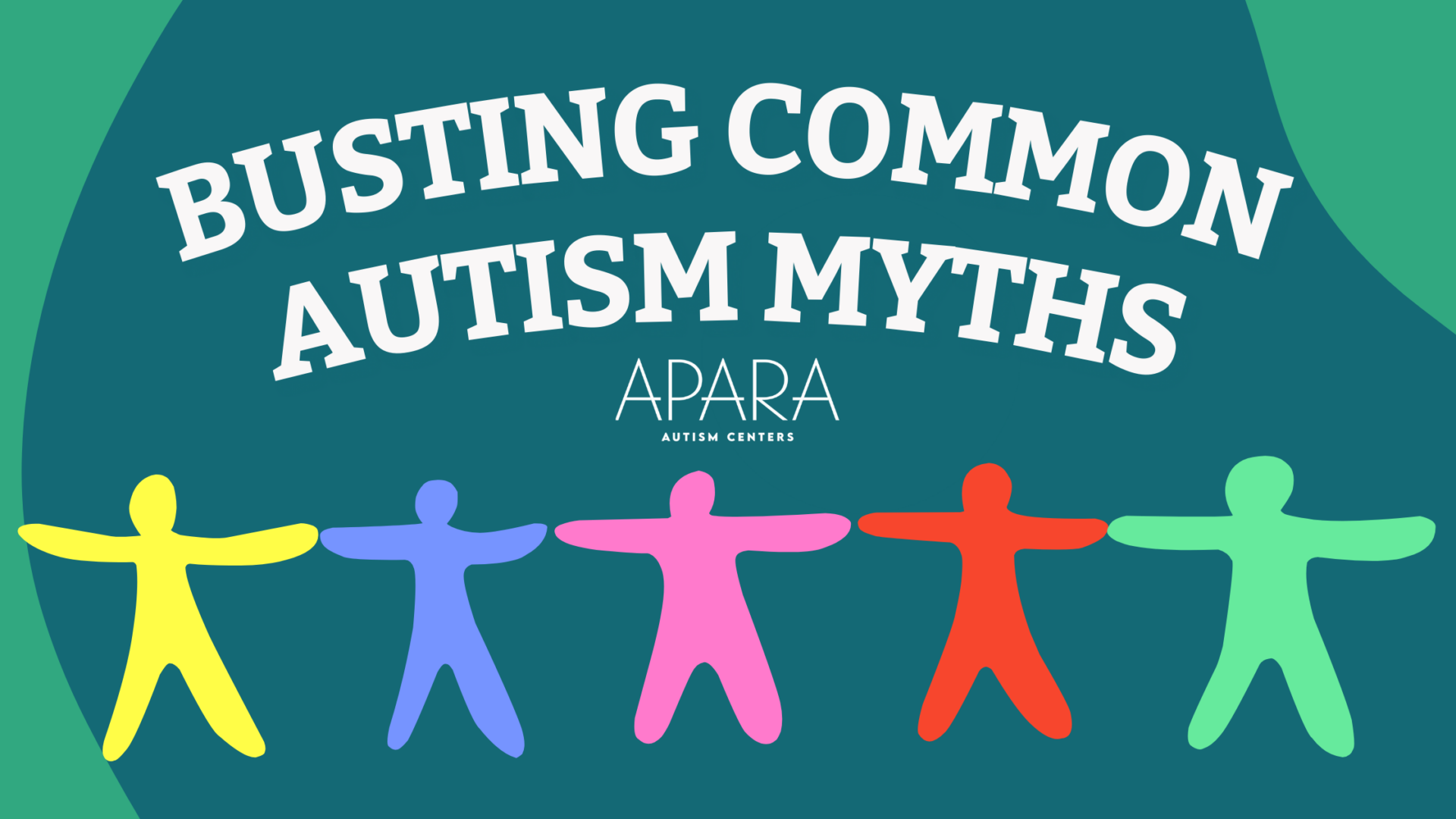Understanding Autism: Myths and Facts

Understanding Autism: Myths and Facts
From an outsider’s perspective, it is hard to understand what it’s like to have autism — and that, unfortunately, has resulted in many stereotypes and misconceptions. These myths about autism can be offensive, harmful, stigmatizing, or just plain misleading. As awareness of autism grows, we have to recognize that there is still a lot of confusion about what autism is, what causes it, and how it affects people in very different ways.
This blog clarifies eight common myths about autism spectrum disorder.
1. Myth: Autism is caused by bad parenting.
Fact: The exact causes of autism are not fully understood, but research suggests that it results from a complex interplay of genetic and environmental factors. Some genetic mutations or variations can increase the likelihood of developing autism, while environmental factors such as prenatal exposure to certain chemicals or toxins may also play a role.
2. Myth: Autism only affects boys.
Fact: While autism is more common in boys than girls, it can affect individuals of any gender. The reason for the gender disparity is not fully understood, but researchers speculate that it may be related to differences in brain development between males and females.
3. Myth: People with autism don’t have emotions.
Fact: People with autism do experience a full range of emotions, but they may express them differently than neurotypical individuals. For example, they may have difficulty recognizing or interpreting social cues, or they may struggle with verbal communication.
4. Myth: All people with autism are savants or have exceptional abilities.
Fact: While some individuals with autism may have exceptional abilities or talents, such as in music or mathematics, others do not. It is important to recognize and celebrate the strengths and abilities of individuals with autism, but it is also important to acknowledge and address their challenges.
5. Myth: Autism can be cured.
Fact: There is currently no known cure for autism. However, early intervention and therapy can help manage traits and improve quality of life for individuals with autism. Applied Behavior Analysis (ABA) therapy is a commonly used therapy that can help individuals with autism learn and develop new skills.
6. Myth: People with autism cannot form close relationships.
Fact: People with autism can form close and meaningful relationships, but they may struggle with social cues and communication. With the right support and resources, individuals with autism can develop and maintain close relationships with others.
7. Myth: Autism is caused by vaccines.
Fact: There is no scientific evidence to support the claim that vaccines cause autism. The original study that proposed a link between vaccines and autism has been discredited and debunked by numerous studies.
8. Myth: People with autism cannot live independently.
Fact: With the right support and resources, many individuals with autism can live independently. Some may need assistance with daily living skills, such as cooking or cleaning, while others may require more intensive support. There are many programs and resources available to help individuals with autism live independently and achieve their full potential.
In conclusion, it is important to recognize and dispel the myths surrounding autism spectrum disorder. These myths can lead to harmful stereotypes and misconceptions that can contribute to stigma and misunderstandings. By understanding the facts about autism, we can work to create a more inclusive and supportive society for individuals with autism and their families. At Apara Autism Centers, we are dedicated to providing comprehensive support and resources to individuals with autism and their families through our ABA therapy programs. If you have any questions or would like to enroll in our programs, please do not hesitate to contact us. Together, we can work towards a better understanding and acceptance of autism spectrum disorder.
About the Authors
Apara Autism Centers is a leading provider of ABA therapy in Texas to children ages 18 months and up. We understand the difficulty of dealing with uncertainty and are prepared to assist you with our collaborative developmental therapy support. If you’re looking for ABA therapy near you, we have centers in Houston, Dallas, San Antonio, and surrounding areas. Apara Autism Centers employs a team of Board Certified Behavior Analysts (BCBAs) and Registered Behavior Technicians (RBT) that can assist you with resources to help comfort your child during stressful times. We include parent training as collaborative support for the whole family. If you need more information, don’t hesitate to call (844) 272-7223 or contact us at info@aparaautism.com with your questions or to enroll. We accept most insurance plans and offer full and part time programs as well as in-home therapy options with no waitlist.
